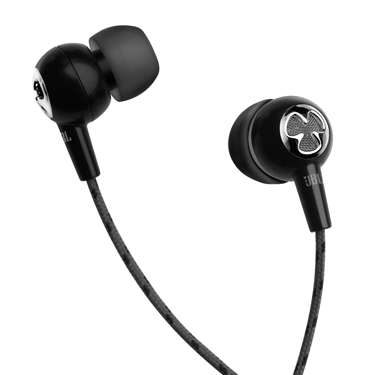Pump "down" the volume to address noise and hearing loss

The New York City Department of Health and Mental Hygiene has tapped Lehman Professor Sandra Levey (Speech-Language-Hearing Sciences) to serve on the department's Noise Committee, which will recommend campaigns to address safe listening practices with the aim of reducing noise-induced hearing loss in the city.
Prof. Levey and her research partner, Dr. Brian Fligor of Harvard Medical School, were selected because of their recent study and article, titled "Portable Music Player Users: Cultural Differences and Potential Dangers," published in Noise & Hearing, a Bimonthly Inter-disciplinary International Journal.
In the article, Prof. Levey and her team report that individuals listening to rap, hip-hop, or rhythm and blues—or other type of music—on an iPod or other such device, are listening too loudly.
In an experiment, researchers examined the volume level of portable listening devices (PLD)—such as Smartphones or other MP3 players—used by individuals on a college campus and on a busy street corner in New York's Union Square. A total of 196 individuals from a variety of ethnic backgrounds participated. The final analysis showed that young iPod users and African-Americans listening to rap or hip hop listened the loudest and were more likely to exceed recommended listening times.
The research team believes the reasons behind the ethnic disparity can be found in the culture and the surrounding environment. For example, PLD use is more prevalent in urban environments than in rural ones. Urban dwellers tend to use their PLDs as isolation booths, a way to create distance from fellow passengers on trains or to break away from the noise of the city.
In its own way, the music itself demands to be played loud. In the article, Prof. Levey and her coauthors cite a book by Tricia Rose, a professor of Africana Studies and History at New York University. In "Black Noise: Rap Music and Black Culture in Contemporary America," Rose discusses how the technology in music production of the 1970s and 1980s allowed rap artists to amplify the bass, which emits a low-frequency sound. As a consequence, rap music must be played at a higher volume to be fully appreciated.
Still, despite findings that African-Americans listen longer and louder, this group reports lower incidences of hearing loss than white participants. Researchers believe this may have something to do with the presence of melanin, which some believe plays a role in the structure of the ear canal. "This was really an important experiment," says Prof. Levey. "In the end, I'm interested in the affect that hearing loss has on language, especially for young children whose learning may be affected by a hearing loss. The understanding that loud and long listening to music is necessary in my quest to lower or even to eliminate noise-induced hearing loss."
In the meantime, she recommends that everyone listen up and lower the volume.
More information: "Portable music player users: Cultural differences and potential dangers." Levey Sandra, Fligor Brian J, Cutler Cecelia, Harushimana Immaculee. Noise & Health, 2013, Volume: 15, Issue Number: 66, Page: 296-300. DOI: 10.4103/1463-1741.116553


















